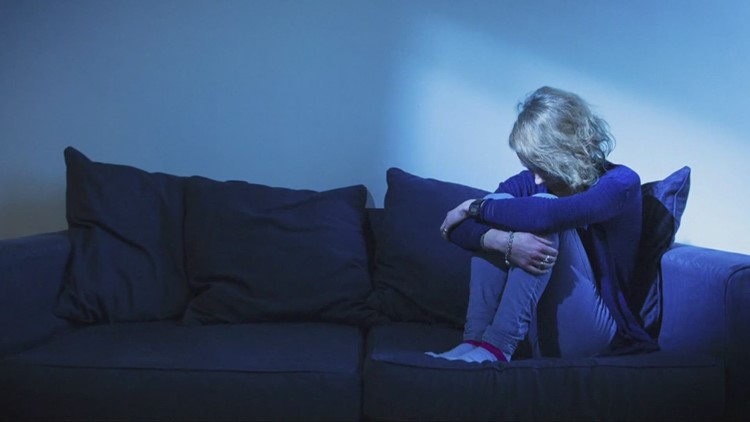CHATTANOOGA, Tenn. — Local 3 News, an NBC-affiliated news station in Chattanooga, is learning more about how gun violence can impact a child's mental health.
Exposure to gun violence could lead to disorders like acute stress disorder, where symptoms last for about a month, or Post-Traumatic Stress Disorder. With PTSD, symptoms can last much longer.
“Any exposure to a negative experience actually falls under the umbrella of what we know as 'Adverse Childhood Experiences.' These are stressful or potentially traumatic experiences that occur before 18 years old and have a link to negative, lasting effects on health,” said Dr. Aileen Litwin.
Litwin works with Happy Healthy Pediatrics said symptoms can range from emotional, physical, sleep or mental health problems. She explained that children are good at hiding stress, so parents should pay close attention to their child's behavior.
“The thing I would look for is sleep. Does your child have trouble going to sleep or staying asleep, having nightmares — they could have regressive behavior meaning they may be a little more clingy, they are a little less patient and more irritable, persistent sadness, anger, signs of anxiety or depression,” Litwin said.
Low energy, headaches, and stomach aches are signs that kids could face mental health struggles as well. Litwin said families should talk every night.
“This is when I encourage meal-time as a family, because it's a great low-stress environment to check in with each other and to say, 'Hey I have noticed you've been a little bit more quiet, is there anything you want to talk about, is there anything on your mind?'” Dr. Litwin said.
She also said signs should be addressed immediately.
“There can be long-term consequences, as for Adverse Childhood Experiences, during adolescent time. We can see this come out as developmental and educational delays, or poor school performance,” Litwin said.



